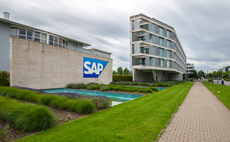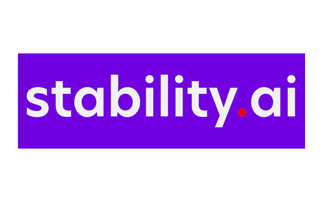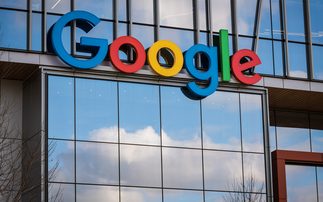New technology contracts to emphasise flexibility, and be multi-source, says BBC CTO
The BBC is currently looking to upgrade its entire Enterprise Resource Planning estate – a major project sure to take several years to complete at a likely multi-million pound cost. Speaking exc...
To continue reading this article...
Join Computing
- Unlimited access to real-time news, analysis and opinion from the technology industry
- Receive important and breaking news in our daily newsletter
- Be the first to hear about our events and awards programmes
- Join live member only interviews with IT leaders at the ‘IT Lounge’; your chance to ask your burning tech questions and have them answered
- Access to the Computing Delta hub providing market intelligence and research
- Receive our members-only newsletter with exclusive opinion pieces from senior IT Leaders






















